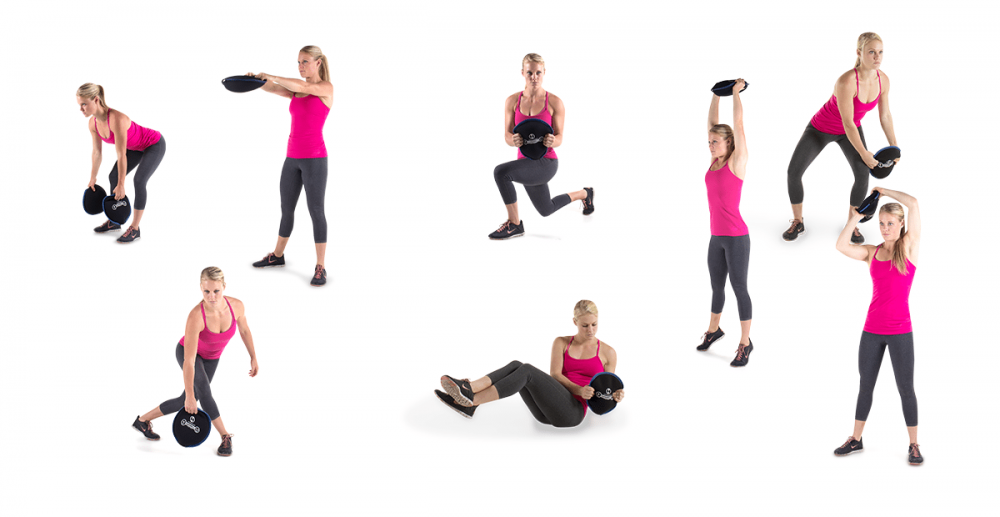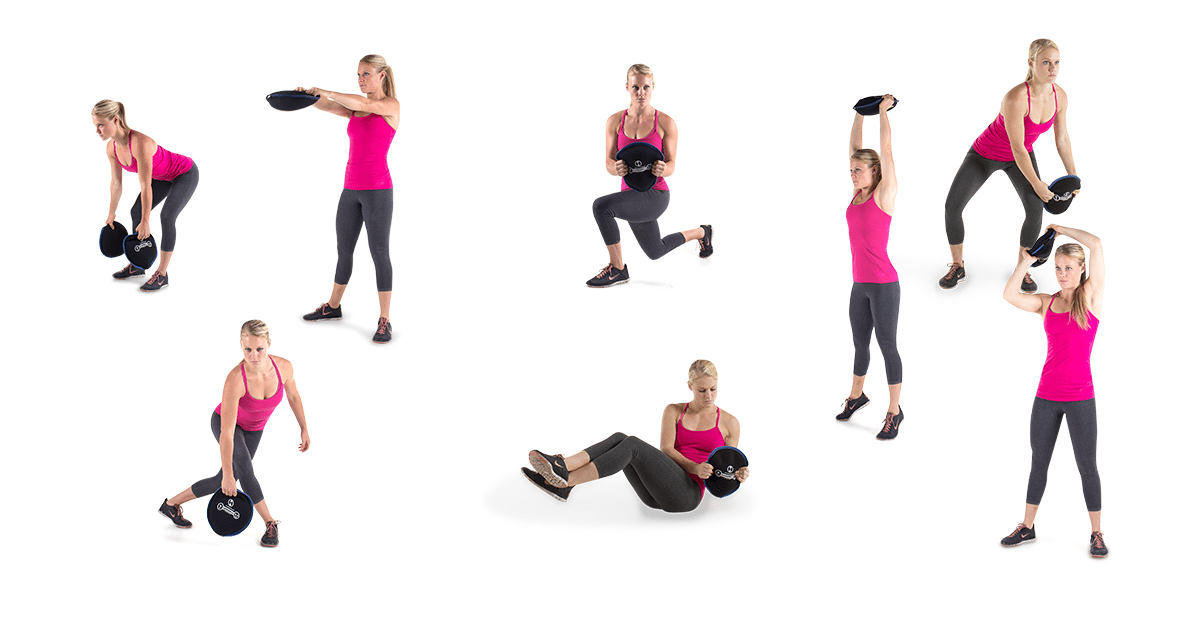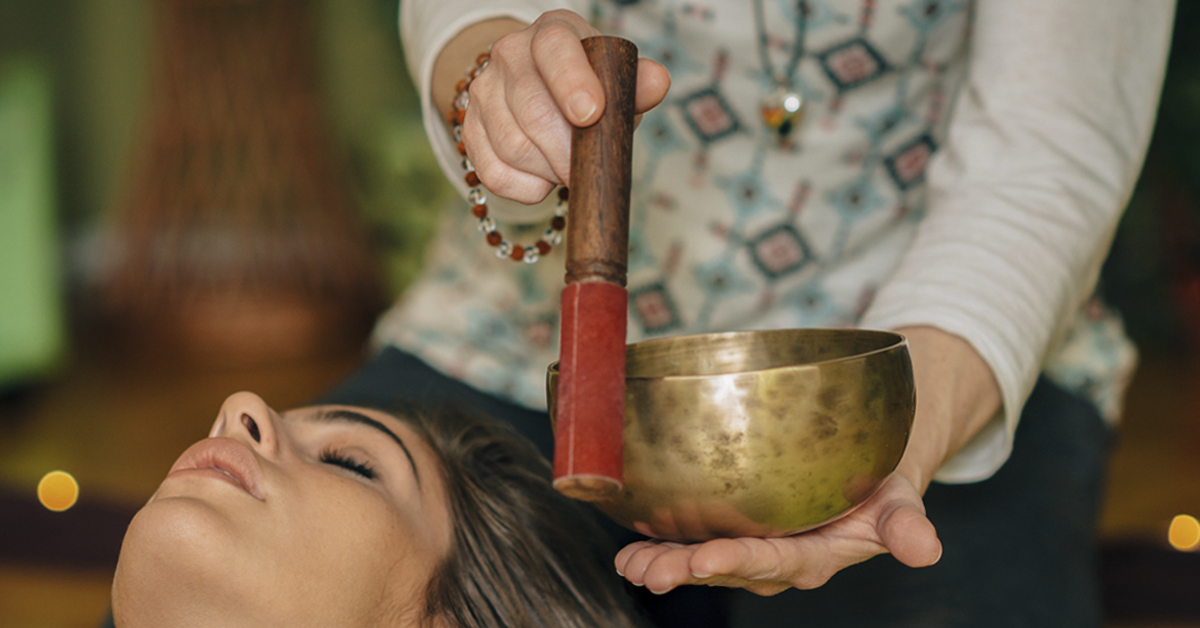Smoking habits among medical and nursing students
If we are asked to name one stubborn evil of the society that has plagued it for centuries now, it will have to be the habit of smoking. When you visit a physician with your troubles, amongst the series of questions presented before you, one or two of them is inevitably concerned with your relationship with smoking. But interestingly, studies that were previously conducted to assess the credibility of medical and nursing students as the origin of future treatments that stems from smoking and tobacco consumption, it was discovered that they too indulge in this habit. However, the primary aim of the study was to compare the smoking habits of these medical and nursing students and outline whether or not their course of education has inculcated any change in this pattern.

This research was conducted over 1000 students pursuing a career in medicine and nursing from a single university and was studied using a questionnaire containing the Fagerstrom test meant to measure nicotine dependence. Out of the entire capacity, only 397 medical and 126 nursing students took and completed the survey. However, the results established the fact that the number of medical students smoking amounted to only 3.3% while the number of nursing students was around 13.5%, which is much lesser when compared to the former group. Furthermore, more nursing students (17.8%) were smokers in the past than medical students (9.8%). Additionally, the severity as proclaimed by the Nicotine dependence test which in turn depends on five or six other factors in the FTND was found to be higher in the case of nursing students that their medical counterparts.
After comparing the departmental credentials, this same survey was utilized to check the difference in numbers within the classes; the smoking or quit rates did not deviate by large numbers across class years in both the medical and nursing batches. While the number of students who quit smoking in the group of nursing students was moreover constant, the medical students, however, had a different picture to present. The distinction in the latter classification was in the time since quitting which significantly varied across the class years and thereby produced an uneven graph. Even though the smoking habits of the medical and nursing students negligibly altered during their academics, a considerable population of the medical students quit smoking just before entering college while the nursing students nourished the habit even when in college and gave up on it later.
After having gone through all the above-mentioned facts and numbers, we can safely conclude that the smoking habits that prevailed amongst the medical and nursing students have reduced considerably over the last few years and the most glaring reason that can be assigned to this decline is the awareness that they are brought in touch with by their academic courses. Nonetheless, the universities and government must still make efforts to promote the consequences of a prolonged smoking habit amidst students and try to convince them to switch to e-liquids to eradicate the use of tobacco. Both these groups of students are potential advisors and rescuers of patients and the overall public health in accordance with smoking.




